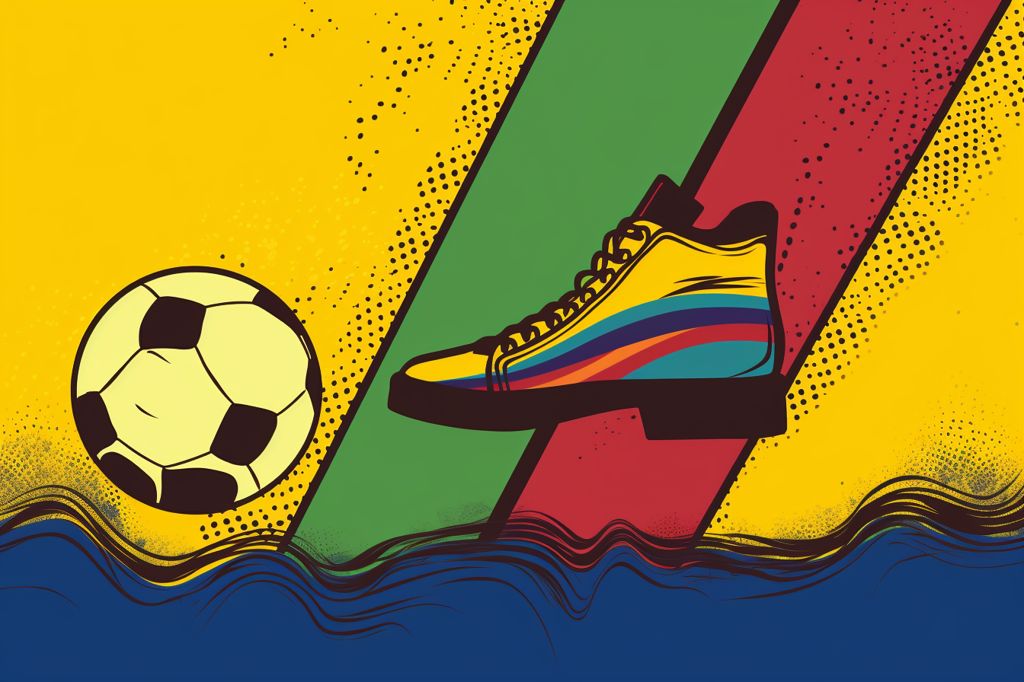Foetal alcohol syndrome (FAS) is a severe condition that results from a pregnant mother consuming alcohol. It is a combination of mental, physical, and behavioral symptoms that can affect a child for life. Unfortunately, South Africa has the highest reported rates of FAS globally, potentially affecting up to seven million people.
Early detection of FAS can be beneficial in terms of early intervention, therapy, and better understanding from parents, teachers, and society. Clinicians currently employ several diagnostic methods, including evaluating abnormal growth, brain function, and facial features. However, visual examination of facial features can be subjective, as it relies on the clinician’s expertise and experience.
In low-resource settings, the scarcity of trained doctors to perform such diagnoses presents a challenge. A more objective, cost-effective, and standardized method for early detection would be helpful. Presently, three-dimensional (3D) facial scanning is being explored for this purpose, but the technology is expensive and complex.
Two-Dimensional Face Images and 3D Facial Surfaces
While two-dimensional (2D) images are simpler to obtain, they lack the accuracy required for definitive diagnoses. A recent study conducted by researchers explored the possibility of using 2D face images to approximate 3D facial surfaces. The researchers developed a method that combined 3D models capable of changing their shape based on various human faces with 3D facial analysis technology. This method showed promise in improving early detection, intervention, and treatment for people affected by FAS, particularly in low-resource settings.
The researchers constructed a flexible 3D model that adjusted its shape based on various real human faces. The changes in shape were guided by statistical patterns learned from a dataset of 98 high-quality 3D scans from different demographic groups. The study’s aim was to develop and validate a machine learning algorithm for predicting unseen subjects’ 3D faces from their 2D face images.
Promising Results and Future Research
The results were promising. The 3D facial predictions from 2D images were successful in several aspects, such as fitting with other studies, accurately predicting facial regions crucial to diagnosing foetal alcohol syndrome, and working independently of skin tone. However, the study faced some limitations. Access to 3D data of individuals with FAS remains a challenge, and future research is needed to reduce reconstruction errors to clinically acceptable standards. This includes collecting and analyzing larger datasets and data from underrepresented populations.
This study paves the way for the development of an image-based diagnostic tool for FAS. It shows the potential of technology in facilitating early detection, intervention, and treatment, which can ultimately contribute to the global effort to prevent and manage the lifelong consequences of foetal alcohol spectrum disorders.












